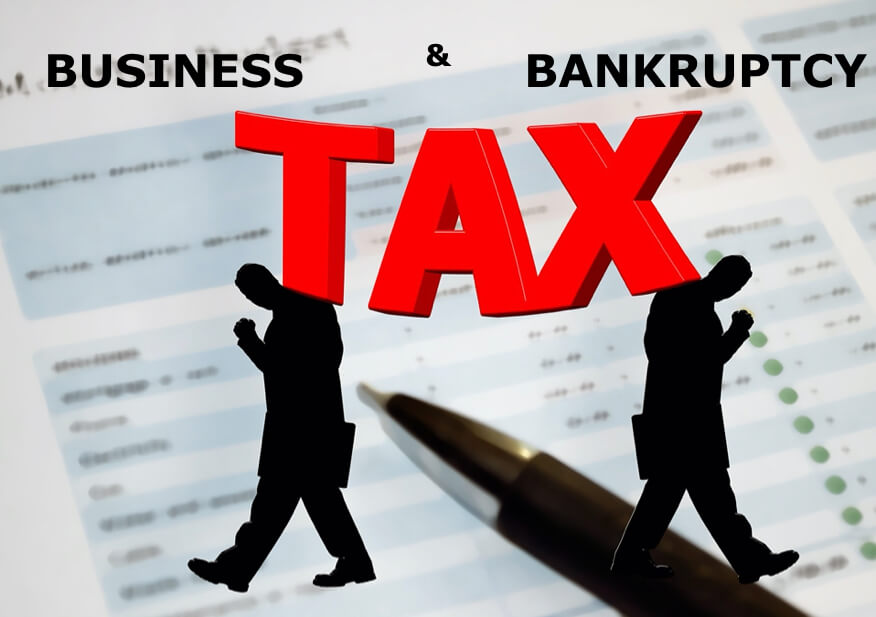Should Your Business File Bankruptcy?
This page is designed to answer common questions and explain common misconceptions about what filing a bankruptcy can and cannot accomplish for a business entity.
The first step is to determine what type of legal entity the business actually is.
Is it a corporation, partnership, joint venture, or simply a “dba”/sole proprietorship?
Sole Proprietorships/dbas/individual businesses
If the business is a sole proprietorship or husband and wife venture (meaning the business is NOT a corporation or a legally formed partnership), then it is NO different at all than yourself personally.
There is no legal separateness.
Thus, you need to look at the same options as you would for yourself personally.
In this situation, if you “file for your business”, then you file for yourself personally as well, because they are one and the same.
Corporations, Partnerships, and LLCs
If the business is a corporation (including a Limited Liability Company) or partnership (including LLPs), then you only have two (2) bankruptcy choices:
Chapter 11 if you want to remain in business and reorganize the business’ debt or,
Chapter 7 if the business has or intends to stop operating and have its assets liquidated.
It is rarely, if ever, imperative that a corporation or LLC file a Chapter 7 case.
Corporations do NOT receive a discharge of its debts in a Chapter 7 case. However, there may still be valid reasons for filing a bankruptcy under these circumstances.
So, why would a corporation file a Chapter 7 for its Business?
There are several benefits to doing so.
1. If there are assets to be liquidated, it allows for an independent trustee to sell the assets and pay the creditors whatever is received, in their proper priority. Essentially, it takes the corporation’s officer(s) off the hook for doing this and limits their future liability in case any creditors complain about whether the assets were sold for the highest value, etc.
2. Another benefit is that it “informs” the creditors that there is nothing else to get from the corporation and the corporation is not going to be operating anymore. This can prevent multiple unnecessary lawsuits against the corporation as the months and years go by. Technically, the corporation’s creditors can still sue the corporation even after the bankruptcy is over, but it would obviously be pointless.
3. It may shield the owners of the corporation from future liability to shareholders and other creditors if the Chapter 7 Trustee does not find any wrongdoing (such as transfers of money to officers outside the ordinary course of business, etc.).
Filing Bankruptcy for Corporations Does Not Eliminate Personal Liability
One key concept that many people have tremendous difficulty understanding for some reason is this:
Filing a Chapter 7 or 11 for a corporation or LLC does NOT eliminate the personal obligations of the corporation’s officers or principals (unless the corporation or corporate bankruptcy trustee pays 100% of the corporate debts).
Therefore, if a corporate officer or partner has signed a personal guarantee for a corporate debt, or is otherwise obligated for a corporate debt (such as trust fund portion of payroll taxes or the responsible officer for sales taxes or other debts), then he or she will remain obligated after a corporate Chapter 7 case.
So while there are benefits to filing a bankruptcy for a corporation or partnership, it does not relieve the officers of liability for pre-existing personal guarantees and obligations.
Thus, if you are a corporate officer or owner and concerned about your PERSONAL obligations, you may need to consider a personal bankruptcy (chapter 7, 13 or 11) to deal with your liabilities.
In a partnership situation, if it is a general partnership, the General Partners are personally liable for ALL of the partnership debts. This is a bit more complicated than can be covered here, but that is the basic concept. Limited partners do not have unlimited liability (hence the name).

